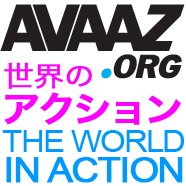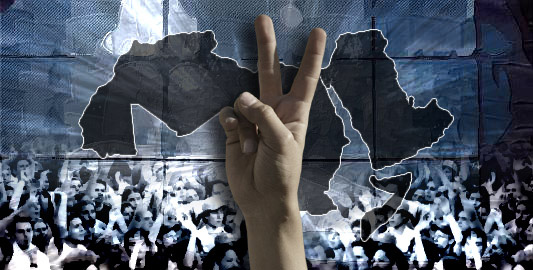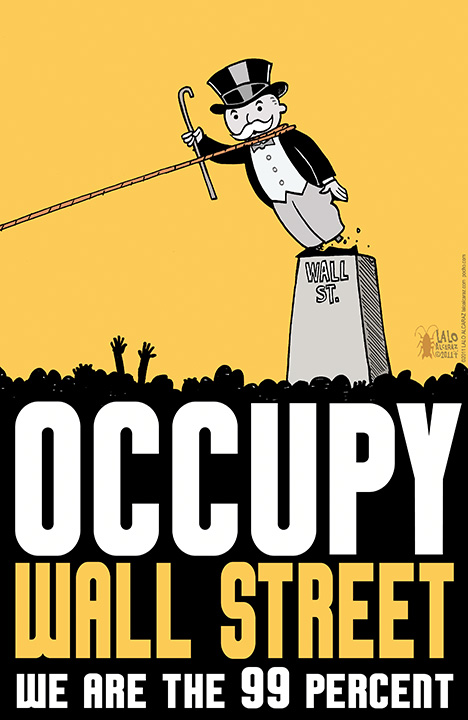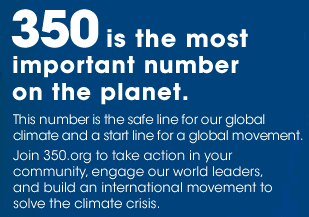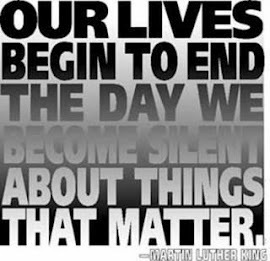Continuing to look at what our political processes and institutions will look like in the year 2100, I raise the issue of how the Internet and mobile smart phones are altering engagement. Bill Gates has described the Internet as “the town square for the global village of tomorrow.” Without putting words in his mouth I would think he would also describe smart phones and tablets as self-empowering tools for those individuals within the town square. As the cost of these two technologies declines, cheap smartphones and tablets will empower the world’s poorest 2 to 3 billion giving them access to knowledge and new ideas well beyond the confines of their existing village, tribe or region.
We have seen the earliest stirrings that are consequences of universal connectivity. “The Arab Spring” is just one example. In the West we have seen Occupy Wall Street, Move On, 350.org, Avaaz and even the Tea Party achieve unprecedented reach and influence because of these technologies. Social networking has proven a powerful means by which causes and new ideas get disseminated. Crowdsourcing, crowdfunding, micro loans – all are the consequence of a pervasive Internet that reaches every corner of the globe.
The confluence of an ubiquitous Internet accessible by everyone may mean the death knell of traditional politics, not only in non-democratic states, but in democracies as well.
Let’s look at how these two technological achievements are impacting causes.
The Arab Spring
al-Rabee’a al-‘Arabi began with the action of one man, a Tunisian who in protest against police treatment set himself on fire, a blaze that soon spread across the Internet, fanned by smartphones and social media. The subsequent protest in Tunisia caused its dictator to flee the country. The self-immolation was soon repeated by a man in Egypt and within a few months, Hosni Mubarak, the longest ruling leader in the Arab World, was driven from office. Libya followed Egypt and today in Syria a civil war inspired by The Arab Spring is going full bore.
Other Arab countries have felt the ripples of protest inspired by the images of protest and text posted to Facebook, Twitter feeds, and YouTube. Algeria, Bahrain, Iran, Jordan, Lebanon, Mali, Morocco, Niger, Nigeria, Palestine, Saudi Arabia, the United Arab Emirates and Yemen have all seen rising civil unrest, the occupation of central city squares, general strikes and other protests, inspired by events shared through universal communications provided by the Internet and mobile phone networks. Even the community outside the Arab World found itself drawn into these conflicts first fed by spontaneous anti-government actions and soon evolving into organized revolutions supported by tanks, guns and rockets. No one has a crystal ball to see where it will end.
Occupywallst.org
This movement began in September of 2011 as a spontaneous sit-in in the Manhattan Financial District and then spread to more than 100 other U.S. cities and 1,500 across the globe. The movement’s manifesto is to represent the 99% who are without power and money, and sees banking, financial institutions and mega-corporations as the enemy. Occupy accuses these businesses as agents responsible for the economic collapse of 2008 leading to the “Great Recession.”
Inspired by the initial success of “The Arab Spring” in toppling totalitarian rulers from positions of leadership, the movement used similar tactics to attempt to destabilize political and economic institutions. But it seems to have lost much of its cachet since those early protests.
Today Occupy Wall Street states that “it is committed to making technologies, knowledge, and culture open to all to freely access, create, modify and distribute,” stating “the only solution is World Revolution.”
Its site includes contacts with all Occupy city chapters around the world, upcoming events to organize around, a “how to” manual for organizing Occupy actions, class war camp, how to form neighborhood assemblies, and connections to allied groups around the world.
350.org
This online organization is focused on preserving the planet by reducing humanities carbon footprint. The group’s name focuses you on the issue, 350 parts per million, the safe atmospheric upper limit for CO2. The movement is described as grassroots, using online tools to act globally. The movement transcends country borders. It mobilizes people everywhere to get involved through local activities, rallies, letters to political leaders, video clips on YouTube, and now, by starting a university to train future climate action leaders to alter government policies, shame industries into recognizing the consequences of their behaviors, and plan actions to achieve their ultimate goal, the rollback of CO2 in the atmosphere. Anyone who is a member can refer to the 10-step action plan posted online to help them begin his or her own event to raise awareness.
Avaaz.org
Avaaz is a social action network that is boundless in the issues it tackles. It has close to 20 million members worldwide and describes itself as the campaigning community “bringing people-powered politics to decision-making worldwide.” Avaaz encourages individual members to start a petition, empowering anyone with a cause to draw the support from its online community.
Avaaz means voice in several languages. It was launched in 2007. Today it campaigns in 15 languages creating petitions and getting millions of signatures, funding mass email, lobbying governments, organizing events and physical protests, and contacting the media using social networking’s reach and the Internet. A typical petition campaign can mushroom within a few hours after launch into hundreds of thousands of emails bombarding the target political body, individual, business or organization. Its causes are those of its members. It doesn’t lead. It facilitates.
Avaaz states the conviction that “we are all human beings first, and privileged with responsibilities to each other, to future generations, and to the planet. The issues we work on are particular expressions of those commitments.”
The Tea Party
This subset of the traditional Republican Party in the United States has been a force to be reckoned with since its founding during the “Great Recession.” On its website its “American first” manifesto includes 15 non-negotiable core beliefs which are proudly stated:
2. Pro-domestic employment is indispensable.
3. A strong military is essential.
4. Special interests must be eliminated.
5. Gun ownership is sacred.
6. Government must be downsized.
7. The national budget must be balanced.
8. Deficit spending must end.
9. Bailout and stimulus plans are illegal.
10. Reducing personal income taxes is a must.
11. Reducing business income taxes is mandatory.
12. Political offices must be available to average citizens.
13. Intrusive government must be stopped.
14. English as our core language is required.
15. Traditional family values are encouraged.
